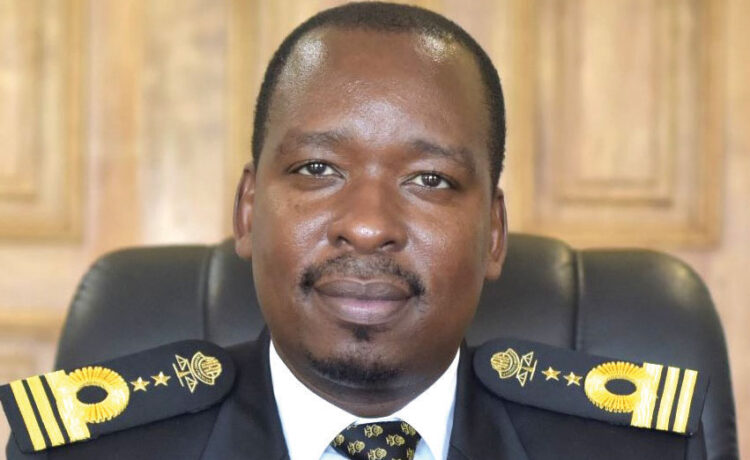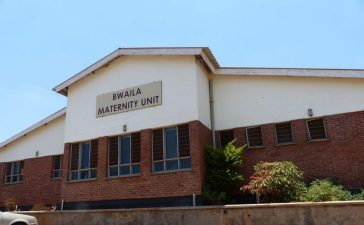BLANTYRE-Malawi Revenue Authority (MRA), in an attempt to rescue Malawians from stinking thievery and exploitation by the commercial banks, has trashed Bankers Association of Malawi (BAM) statement which was released on Thursday, directing its members to start charging 16.5 Value Added Tax (VAT) on banking services.
In a brief statement which made rounds on social media Thursday, Bankers Association of Malawi (Bam)—an umbrella body for commercial banks in the country—says the move is in accordance with the amendment to the VAT Act during the recent meeting of Parliament.
However, considering the magnitude of effects that would result from the BAM’s distortion of facts, MRA quickly held a press conference to clear the air.
Addressing journalists at Msonkho House in Blantyre, MRA Deputy Commissioner General Henry Ngutwa faulted the banks for peddling what he called misinformation.
He, however, acknowledged that, through Parliament’s clarification on the VAT Act, banks in the country have, from November 1, been tasked to be meeting their obligation of remitting 16.5 percent VAT from non-banking-related services.
According to Ngutwa, other services attracting VAT include fees for providing statements, payment orders or transfers and charges for providing online banking services.
On bank statements, Shire Times has it on good authority that National Bank charges K4000 per page. In line with the said VAT Act, the bank will be required to remit 16.5 percent of that amount to MRA.
Banks will also be liable to pay VAT on credit card late payment fee or limit excess fee, charges for withdrawal from any ATM, fixed or variable fees for providing bank drafts/ wire transfers or foreign currency exchange.
Fees for processing credit or debit card payment transactions including gateway fees will also attract VAT.
Also, banks would part ways with 16.5 percent of the money they make through interchange fees between banks, interchange fees between a bank and other financial institutions or mobile financial payment services provider, merchant service fee or discount rate fee as well as point-of-sale, imprinter or terminal rental charges.
On his part, MRA spokesperson Steven Kapoloma said services offered by banks are categorised into banking and non-banking services, according to the Financial Services Act, adding that no banking service was being taxed.
“Other banks read the same law as it was and were remitting the 16.5 percent tax while others claimed it wasn’t clear and decided not to pay. These are not new taxes but we are only saying ‘your colleagues are paying this tax and everyone should start paying by November 1’.
“In this case, there is no justification for the banks to increase the service fees of these services and we hope they will not increase the fees because, with the very same fees, other banks were remitting the taxes,” he said.
Banks in the country have been posting supernormal profits at a time progress has stalled in most sectors of the economy due to the Covid pandemic.
As expected, the Bankers Association of Malawi (Bam) has always defended the profitability arguing banks managed to adapt to the pandemic by embracing digital technology.
This year the country’s commercial banks have posted profit jumps of above 20 percent.
Among other commercial banks, Standard Bank Malawi posted an after-tax profit of K23 billion in 2020, up from K15 879 in 2019, representing a jump of about 50 percent.
National Bank of Malawi saw its after-tax profit growing by 31 percent in 2020, from K17.16 billion in 2019 to K22.45 billion.
NBS Bank saw its profitability jumping by 58 percent in 2020, from K4.458 billion in 2019 to K7.050 billion.
Similarly, FDH Bank issued a profit warning that its profit for 2020 would be 88 percent above that of 2019.
Just recently, Mangochi South West lawmaker Shadreck Namalomba attempted to revive the interest capping debate in Parliament.













